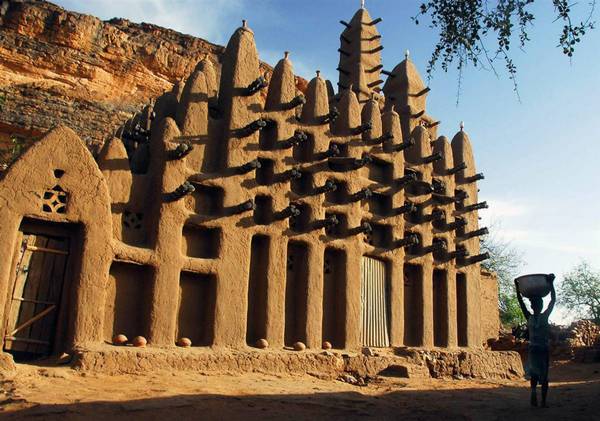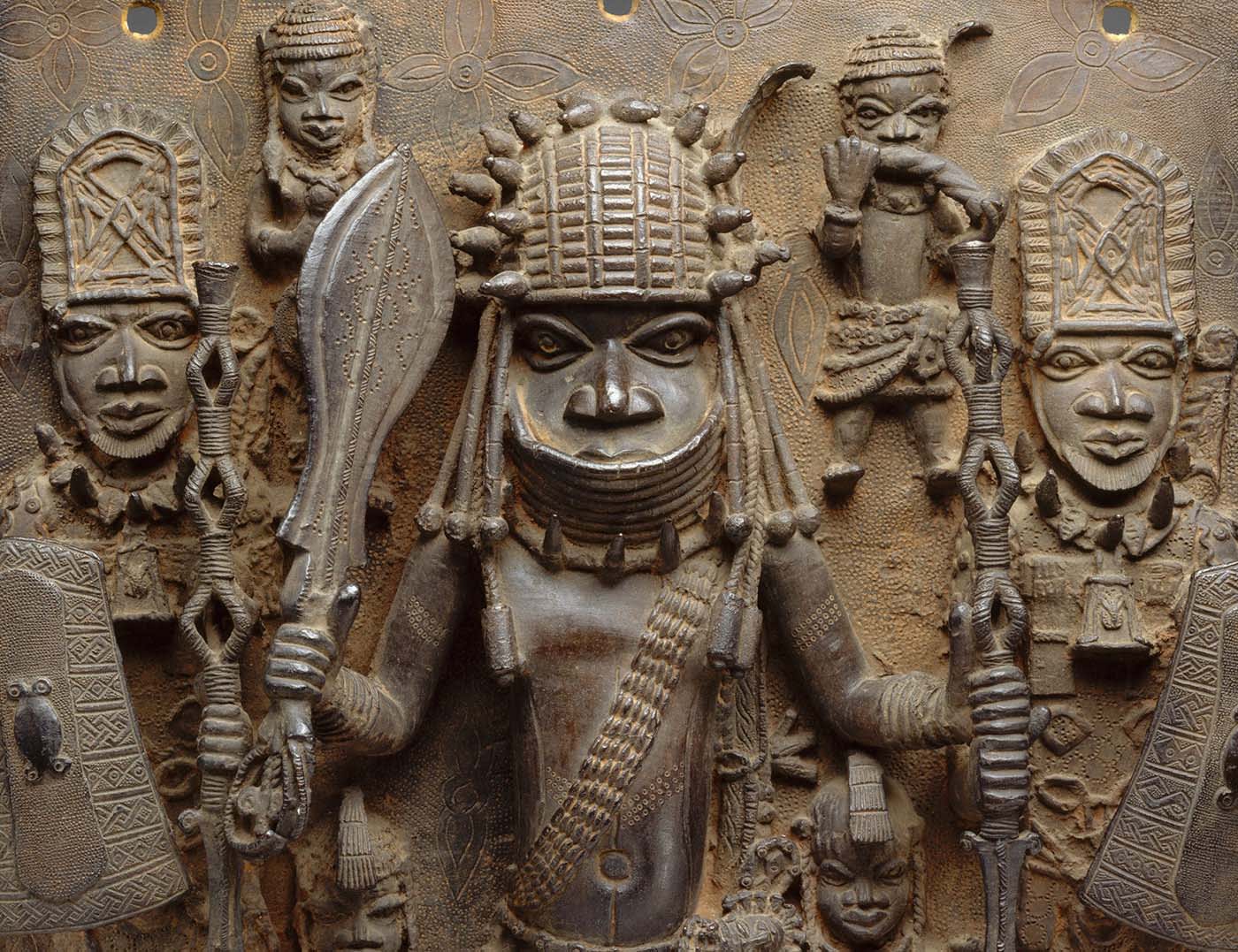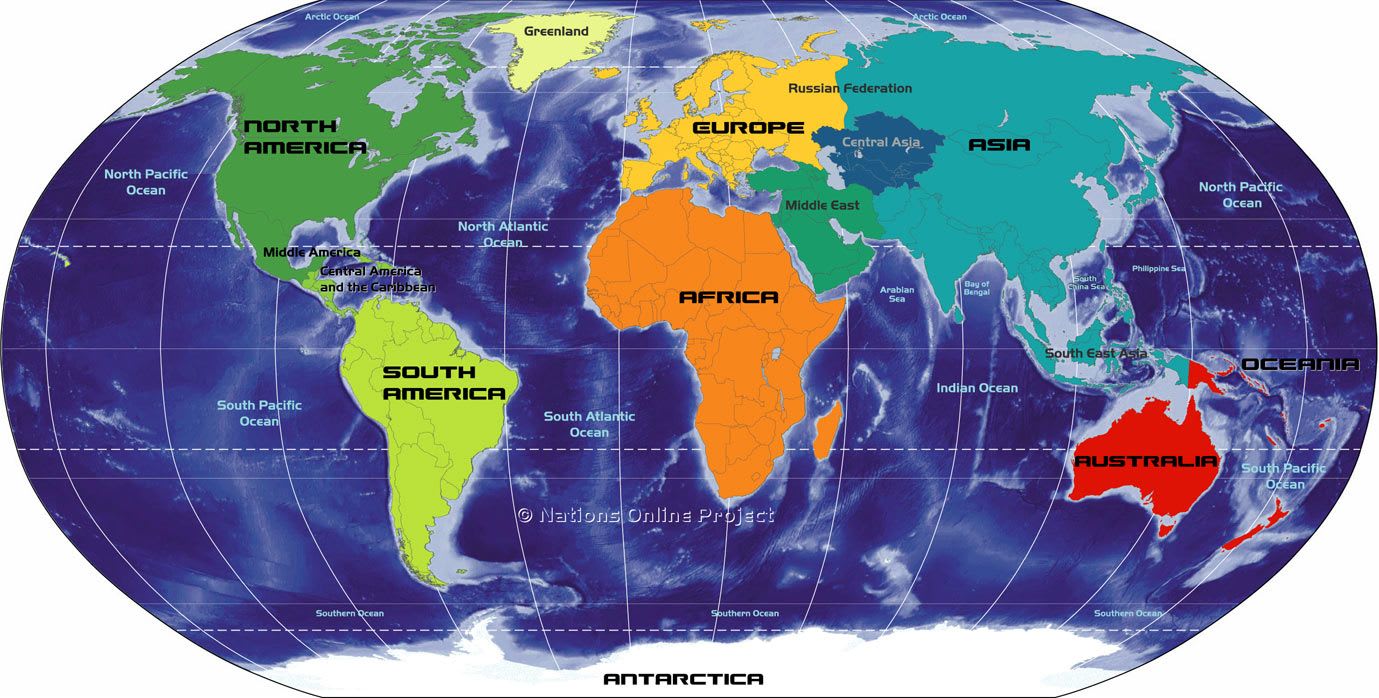Within the last decade, African music has gained unpredicted relevance and dominance globally. Experts claim that this success can be traced to the adoption of Afrobeats by musicians from the continents.
Before now, African musicians enjoyed little or no global prominence. Their music was often termed local, and many African listeners themselves did not fully identify with the music produced from Africa.
The reason for this is not far-fetched. African musicians were often in the habit of copying foreign musicians in a bid to replicate their genre, style, and delivery. As one would expect, they continued to play ‘second fiddle’ and ‘copy-cat’ for many years.
This is not to say there were not to say that there were no musicians in the continent who played Afrobeats. The pioneer of Afrobeats himself, Nigeria’s Fela Kuti, and a few others played Afrobeats and other African genres like juju, for many years. But a majority of the African audience preferred Rap Music, R & B, Reggae, and Blues, which were enjoying international prominence at that time.
In this article, we are going to highlight the growing success of Afrobeats around the world, the evidence of success, some of the more successful artists, and the reason behind their success.
How Afrobeats is Making the World Listen
Today, Afrobeats have gained global prominence and have attracted the attention of the world? But how did this happen? How did African musicians make capture the global audience?
African stakeholders and musicians used the African audience to capture the global audience. They first got Africans to love and appreciate Afrobeats, and when this was done, the global audience came calling.
In a report, it was stated that it all started in 2006 when a crew of young musicians from Nigeria set up the Hottest Coalition of Nigerian DJs. The group comprised artists living in the country as well as in the growing diaspora around the world.
Their mission was to promote the kind of music that was popular in West Africa at the time, by acts like P-Square, 2Baba, and D’banj.
These were tunes with elements of electronic and dance music set to African percussion, as well as including hints of highlife, dancehall, hip-hop, and R&B — origins traceable across the spectrum of Black expression.
“It was obvious that [Africans living abroad] were craving their own [music], because that’s one of the ways they could connect back home,” says DJ Neptune, one of the earliest members of the coalition. “This was before we started having blogs coming into the game,” he says.
Evidence of the Success of Afrobeats Across the World
In the last couple of years, African musicians have continued to appear on the top 10 of global charts and won numerous awards.
Angelique Kidjo, Burna Boy, Wizkid, and DJ Black Coffee have all won Grammy Awards; and the list of international awards. African musicians have gotten in the last ten years is endless.
Musicians and fans from Africa have been diligently constructing the sound of the future. Now it’s here.
Also, Nigerian music act, Davido, has been billed to feature in the World Cup theme song for the Qatar 2022. In the same vein, African musicians like Black sheriff, Shatta Wale, Diamond Platinum, Temz, Fally Pupa, and many others have continued to headline international shows.
All these musicians have enjoyed a type of music that over the years, has become known as Afrobeats, a term that describes the most popular music coming out of West Africa.
Coined in the aughts, Afrobeats (with an “S”) is similar in name to the Afrobeat music popularized by Fela Kuti in the 1970s but is distinct in its more modern origin and flavor. While Kuti’s music was characteristically political and orchestral, Afrobeats is often jovial, digitally produced, and sung in English, West African, and pidgin languages.
A Global Sound, A Global Audience
Beyonce’s 2019 album titled ‘The Lion King: The Gift’ is on record to be one of the most successful international albums within the last three decades.
According to critics, one reason why the album was such a huge success was her wisdom in creating a global sound for a global audience. To achieve this, she featured many African artists, chronographers, backup singers, and directors.
Fans have agreed that her sons featuring Wizkid and Shatta Wale, and Chimamanda Ngozi Adichie were some of the best songs on the album.
There is no doubt that Afrobeats has become a global sound that attracts a global audience, and this is evident in recent features of African artists by international music giants like Beyoncé, Ed Sheeran, Justin Bieber, Drake, etc.
The Future is Brighter
Despite the huge success, fame, and revenue that Afrobeats has generated for millions of stakeholders in the African music industry, there is no denying that the future is brighter.
At the current pace, and with the amount of support the industry and Afribeats artists are receiving, only the sky is the limit.









